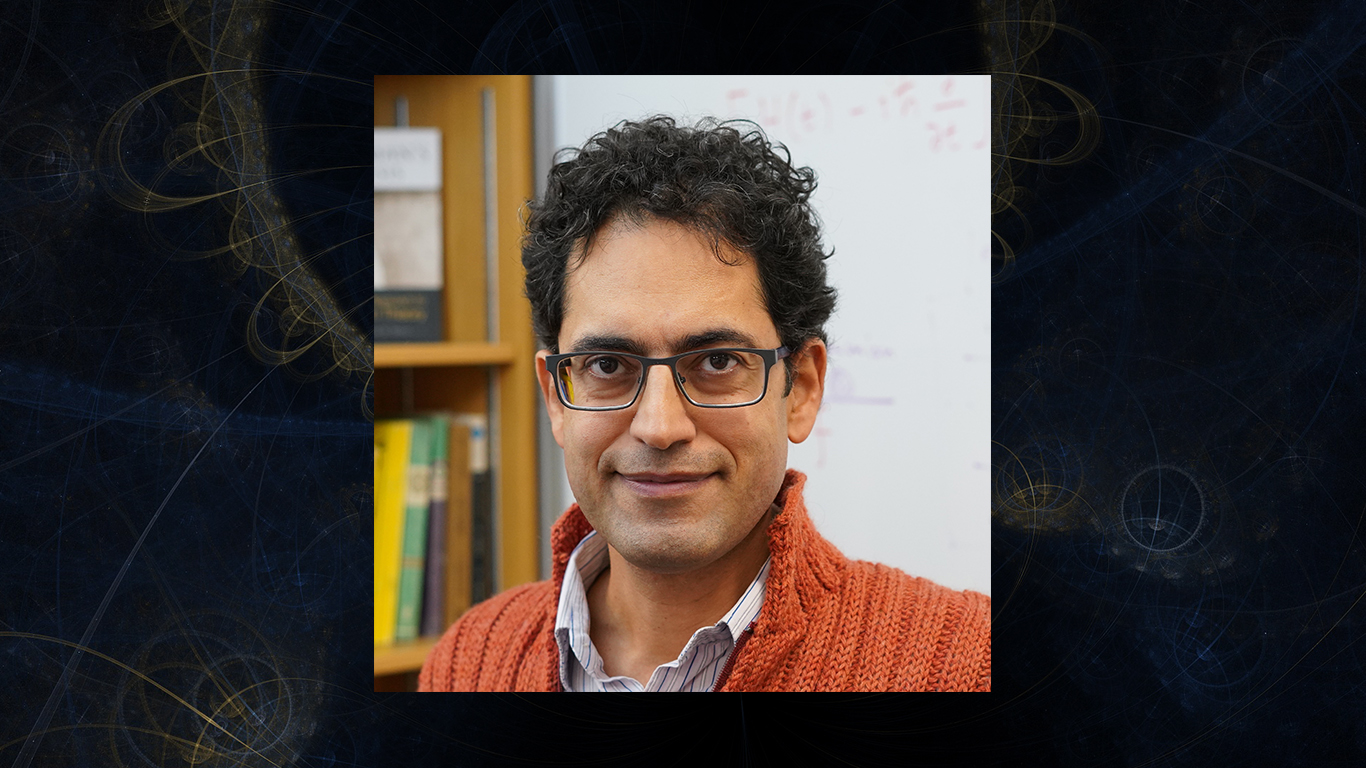When Babak Seradjeh was growing up, he was keen about astronomy. The cosmos was “the target for my imagination,” he says. “But then I came down to Earth.”
What captures the IU physicist’s imagination now are the mysteries surrounding us in this world, what he calls “real science fiction.”
In Seradjeh’s case, those mysteries have to do with quantum physics. A theoretical physicist and associate professor in the College of Arts and Sciences’ Department of Physics at IU Bloomington, Seradjeh is part of a growing group of scientists at IU who are advancing a wide range of quantum science and engineering research.
Without question, quantum physics is mysterious. Widely described as “weird,” — even Einstein called the phenomenon of quantum entanglement “spooky action at a distance” —quantum particles can exist in two states at once and can stay entangled with one another despite being separated at great distance.
The weird properties of quantum physics are being exploited by numerous scientists pushing to create the world’s first viable quantum computer. Google, for example, announced in October 2019 that its quantum computer, Sycamore, solved a massively difficult problem in 200 seconds, something no conventional computer could ever reasonably accomplish.
Seradjeh acknowledges the global push toward quantum computing, but he’s quick to point out that IU scientists are pursuing something different: quantum simulation.
We can go beyond the limits of current computational models. We can design new quantum materials and gain new understandings.


